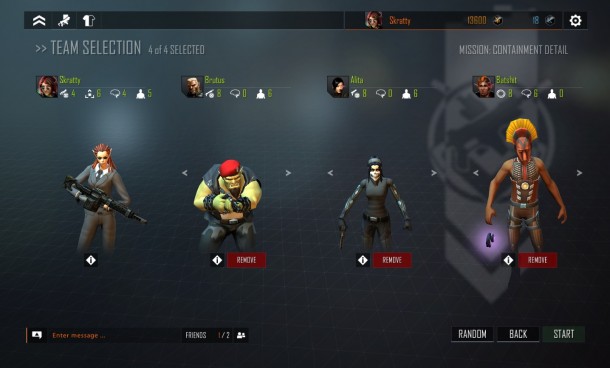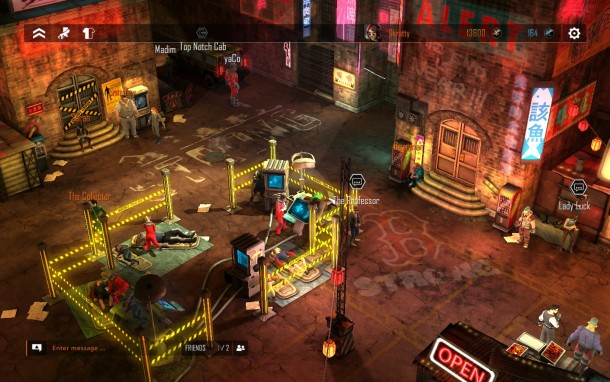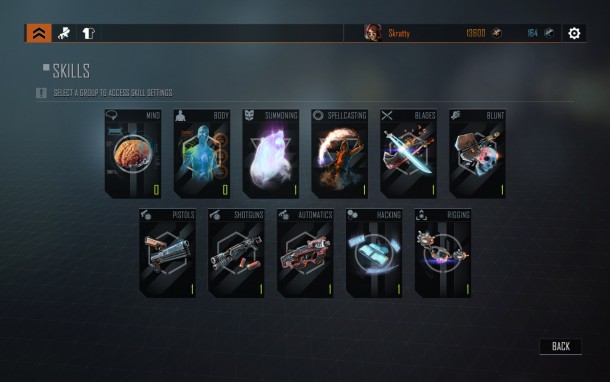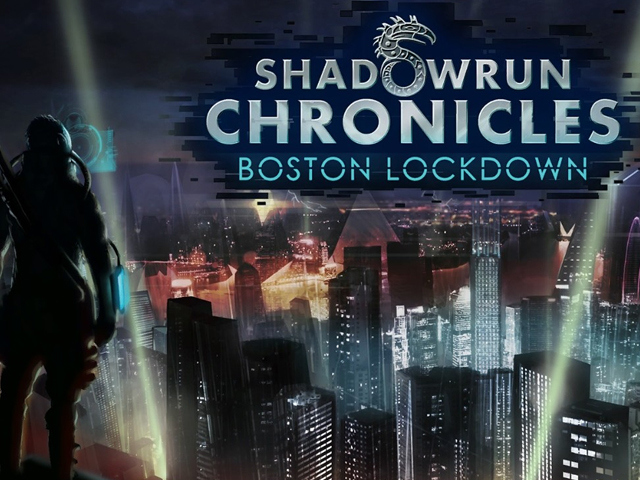Shadowrun Chronicles: Boston Lockdown is the online Shadowrun game I wasn’t sure I wanted. And honestly, having played through a chunk of it, I’m not entirely sure I want it now. When the first ‘new’ Shadowrun game (Shadowrun Returns) was released, I distinctly remember wishing for some sort of online component. The turn-based combat seemed like it would lend itself well to online play, and frankly I’m a pretty big fan of the Shadowrun lore.
Mechanically, it works about as well as I thought it would. Up to four players can team up, and all take their turns simultaneously, the actions playing out once all parties have ended their turn. There’s some back-end magic that prevents players from doing the same thing, or wasting an attack on an enemy already killed by another player who ended their turn first, or ending up in the same square as someone else — and that’s neat.

If you don’t have three other people to team up with, the game provides randomly generated companions to take on missions, which you control — it’s basically single-player Shadowrun. Unfortunately, the missions in the game quickly become exceedingly difficult to complete with just you, and the NPCs. As I played, it quickly became apparent I would need to rope other players into helping me progress.
Which is where the game begins to shine.
The community of active players are all apparently die-hard fans, and carry themselves accordingly. The general chat of the game has players advertising their services with messages like “Will work for Karma” — they’re saying, in the language of Shadowrun, that they’re willing to come smash apart a mission for you for the end-of-mission rewards, because those rewards will make them stronger.
As I played and discovered this, I wound up teaming up with several overwhelmingly strong players, and we began cutting through the game with little effort. My story missions and side missions were made trivial by these players, which meant there was less need to focus on being tactically perfect. Instead, I could get to know the people spending their time in the fictional Boston.

At least, my plan had been to get to know them. What actually happened was I quickly discovered that almost all of these people are constantly in character. They use the language of the setting, and talk about the stuff happening on those runs, and what cyberware they’re thinking about getting installed next. Occasionally the conversations got a bit more out of character, but not by much — two people I wrangled got into a friendly argument over which melee build was better, as they zipped around, bashing enemies to death with little thought.

It was surreal, and kind of cool, but left something to be desired. I can only hypothesize, but I imagine four people all starting out fresh, running through the game together would be the ideal way to play this. Even so, it looks, and feels, and sounds like Shadowrun, and the community talks like you’d expect people to talk in this universe.
A code for Shadowrun Chronicles was provided to SideQuesting for review by the developer.



No Comments